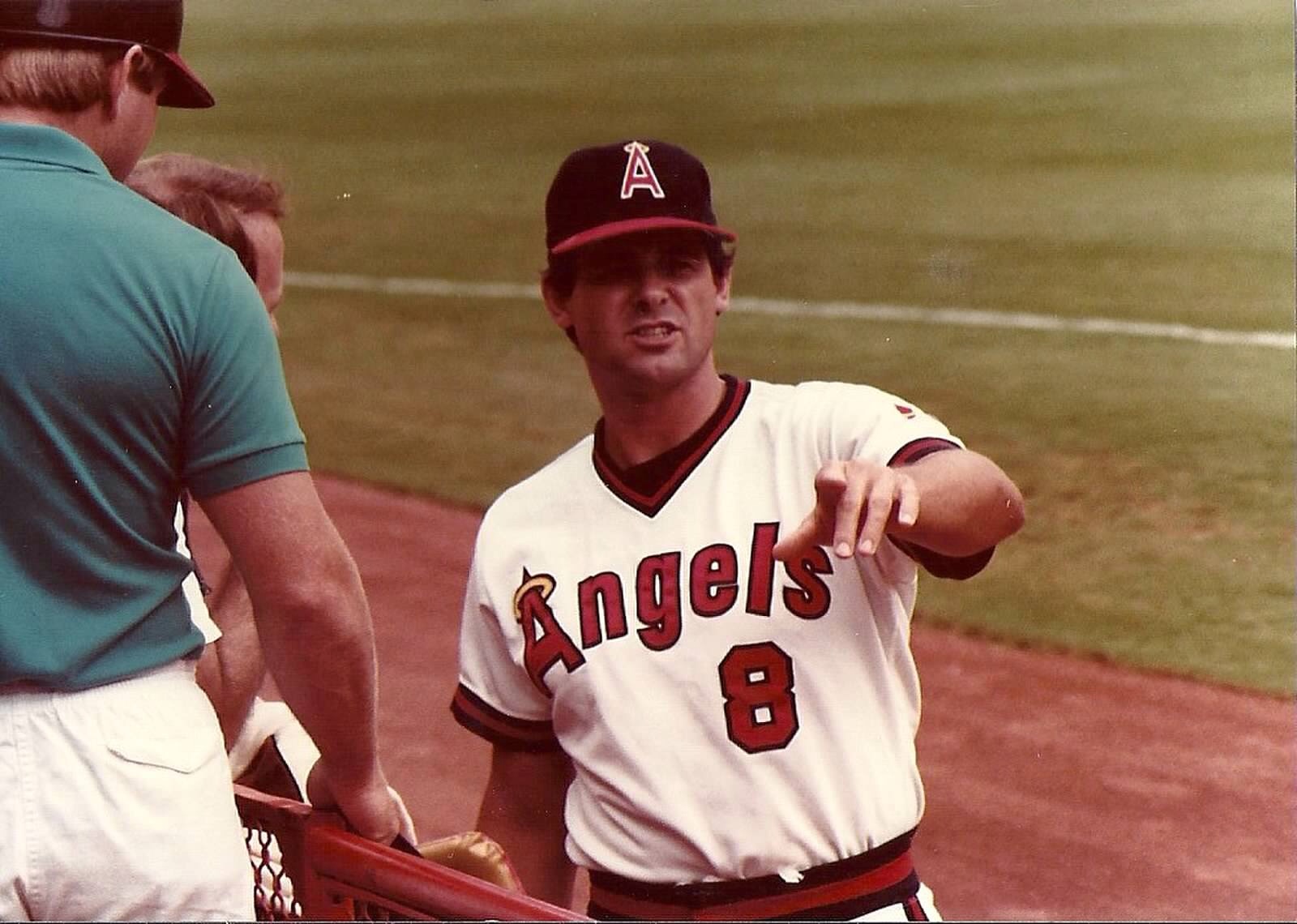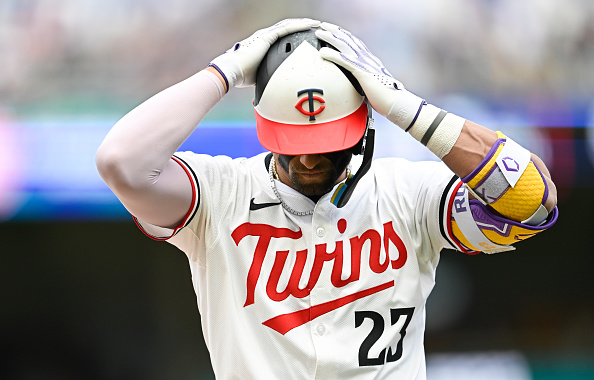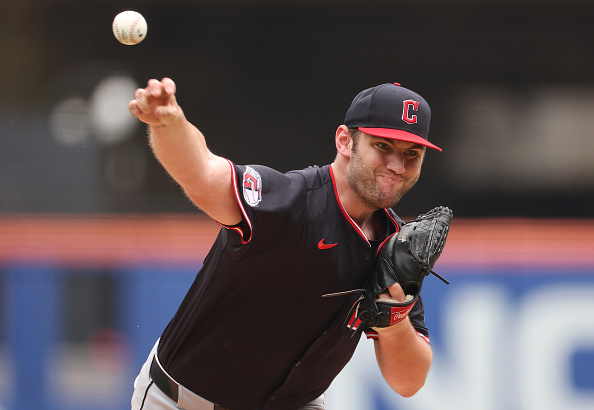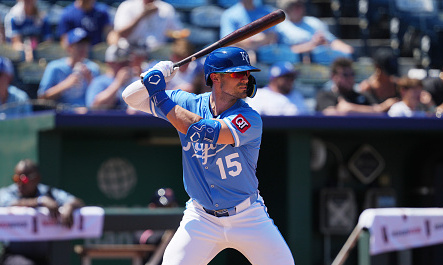As Los Angeles Angels baseball fans await the start of their franchise’s 60th MLB season, we’re going to go back and compile All-Decade teams from the club’s long history. The ’80s, which brought the world Reaganomics, Madonna, and the Walkman, also allowed fans in Anaheim to witness Carew’s 3,000th hit, Reggie’s 500th home run, Sutton’s 300th win, a perfect game, and nightly admission to Wally World.
This is the Angels’ All-Decade team from the ’80s.
First Base – Wally Joyner
Rod Carew recorded his 3,000th career hit for the Angels in 1985, cementing his place in Cooperstown. Carew’s .314 batting average was better than any other Angels player for the decade, and his five All-Star appearances make him worthy of consideration.
However, it was Wally Joyner who inherited the position from Carew midway through the decade and went on to combine Carew’s bat control with gap power that turned the Big A into Wally World in 1986. Joyner would end up hitting .288/.351/.455 compared to Carew’s .314/.388/.392 slash line for the decade. Joyner’s middle-of-the-order presence, solid defense, 121 doubles, 85 home runs, and 381 runs batted in all ranked in the top five for Angels players during the ’80s.
Second Base – Bobby Grich
Bobby Grich was quite simply one of the best all-around second basemen of his era. Not only that, but with sabermetrics now taken into consideration, he’s one of the best at his position still waiting to get into Cooperstown.
Grich finished the strike-shortened 1981 season tied for the most home runs in the league, and he earned a Silver Slugger award and two All-Star appearances before retiring after the 1986 season. Grich’s 25.6 WAR for the decade is only topped by Brian Downing’s 26.4, but Grich reached his mark having played 400 fewer games.
Third Base – Doug DeCinces
Doug DeCinces impact was felt immediately when the veteran Orioles third baseman launched his career in Anaheim in 1982. He finished third in the American League Most Valuable Player voting after hitting .301, 30 home runs, and 97 runs batted in on the division winning club.
DeCinces would be named to the 1983 AL All-Star squad and went on to hit .265 and total 130 home runs and 481 runs batted in during his six seasons with the Halos. A key member of two Angels postseason clubs, DeCinces hit .294 with 5 doubles and a home run across 12 ALCS games.
Shortstop – Dick Schofield
Rick Burleson came to the Angels from Boston with high hopes, but injuries plagued his career in Anaheim and opened the door for a young prospect named Dick Schofield. While Schofield never developed into the .300 hitter he was in the minors, he was one of the best defensive shortstops in the AL in the ’80s, finishing first in fielding percentage at his position for three seasons.
Schofield’s career-best 1986 season was best remembered by his August 29th walk-off grand slam that capped a comeback that began with the club trailing the Tigers 12-5 going into the bottom of the ninth.
Left Field – Brian Downing
Brian Downing’s transition from catcher to left field went into full effect in 1981, and he would finish the decade as the club’s everyday designated hitter. Downing provided the club two seasons of top-20 MVP finishes and a decade in which he was the leader in most offensive categories.
He hit .267 and finished with 222 doubles, 189 home runs, and 674 runs batted in across all 10 seasons of the ’80s. Downing would depart from the Angels after the 1990 season as one of the most prolific players in club history.
Center Field – Fred Lynn
Gary Pettis would win two Gold Gloves in center field in six seasons for the Angels before being dealt to Detroit, but it was Fred Lynn’s three seasons in Anaheim that earned him the spot on this roster. Lynn’s consistent bat provided the club .271/.358/.464 across four seasons.
He was a three-time AL All-Star in center field for the Angels, and hit 21, 22, and 23 home runs during his final three seasons with the club. Lynn hit .611 (11-18) with two doubles, a home run, and five runs batted in the Angels’ 1982 ALCS loss to Milwaukee, earning him series MVP. Lynn also earned 1983 All-Star MVP honors by hitting the first grand slam in All-Star game history at the time.
Right Field – Devon White
Before becoming the heir apparent to Gary Pettis in center field, Devon White played 128 games in right field. White finished fifth in the 1987 AL Rookie of the Year voting as the starting right fielder after hitting .263 and totaling 33 doubles, 24 home runs, and 32 stolen bases for the Angels.
The next year he moved to center field and earned two Gold Gloves at the position. White would appear in one All-Star game for the club during the ’80s.
Catcher – Bob Boone
After playing 10 seasons in Philadelphia, Bob Boone joined the Angels as a 34-year-old veteran in 1982. However, his age did not stop him from remaining one of the most feared catchers in the league during his seven seasons with the Angels.
Boone was an All-Star for the Angels in 1983 and would earn four Gold Glove awards during his seven years with the franchise. Not known for his offense, Boone hit .455 (10-22) with a home run in the seven-game ALCS against the Red Sox. Boone led AL catchers in assists in five of his seven seasons in Anaheim, making him arguably the greatest catcher in franchise history.
Designated Hitter – Reggie Jackson
Mr. October came to Anaheim with much fanfare in 1982 and did not disappoint, hitting a league-leading 39 home runs and 101 runs batted in for the AL West-winning Angels.
Reggie finished sixth in MVP voting in 1982 as the club’s starting right fielder, but would play the remainder of five seasons with the Angels at designated hitter. Jackson was named to three All-Star squads as an Angel and hit 123 of his 563 career home runs with the Halos, including number 500 on Sept. 17, 1984.
Utility Player – Juan Beniquez
Beniquez was primarily a fourth outfielder during his tenure with the Angels, but he did appear in games at first base, second base, and third base for the club during his five seasons with them. Beniquez hit a .293/.342/.397 slash line for the Angels during his career in the ’80s.
Honorable mentions for utility players include Bobby Clark, Rob Wilfong, Ron Jackson, and Gus Polidor.
Starting Pitchers – Mike Witt, Kirk McCaskill, Geoff Zahn, Chuck Finley, Ken Forsch
Mike Witt won 109 games for the Angels during the ’80s, starting 142 games more than the next pitcher in that era. Witt was a two-time All-Star and won 15 games or more for four straight seasons between 1984 and 1987, highlighted by the 11th perfect game in MLB history on Sept. 30, 1984.
Kirk McCaskill was drafted by the Winnepig Jets and was a professional hockey player before joining the California Angels in 1985 and recording 56 victories for the Halos during the ’80s. McCaskill won 17 games and totaled 10 complete games during the Angels’ 1986 season.
Geoff Zahn was a fixture in the Angels’ rotation, earning 52 victories with a 3.65 ERA across parts of five years with them. Zahn was 18-8 with a 3.73 ERA for the 1982 Angels, finishing sixth in the AL Cy Young award voting that season. His five shutouts led the AL in 1984.
Chuck Finley broke into the majors pitching out of the bullpen for the Angels in 1986 and 1987 before establishing himself in the Angels’ rotation for the final two seasons of the decade. Finley earned his first trip to the All-Star game in 1989, finishing the season 16-9 with a 2.57 ERA across 29 starts.
Ken Forsch, like Zahn, was a veteran pitcher before joining the Angels in 1981 and becoming an All-Star starter in his first season in Anaheim. Forsch would go on to win 10 or more games for the Angels every year from 1981 to 1983 before injuries hampered his performance over the following three years.
Relief Pitchers – Bryan Harvey and Donnie Moore
Bryan Harvey finished third in AL Rookie of the Year voting in 1988 after he recorded 17 saves in 50 games to begin his career. Harvey would save a total of 42 games to close out the decade, recording 148 strike outs in 136 innings as the first modern-era closer for the franchise.
Donnie Moore joined the Angels as a journeyman middle-relief pitcher in 1985 and became their All-Star closer, saving 31 games that season. Moore would win 21 more games for the Angels in 1986 before his fateful Game 5 pitch to Boston’s Dave Henderson during the ALCS.
Manager – Gene Mauch
Gene Mauch managed the Angels to their only two postseason appearances during his two separate stints with the franchise during the ’80s. Mauch had a 379-332 record with the franchise, but will unfortunately be best remembered for losing two ALCS series and six series-clinching games in total.
See additional Angels All-Decade rosters: 1960’s, 1970’s, 1990’s







